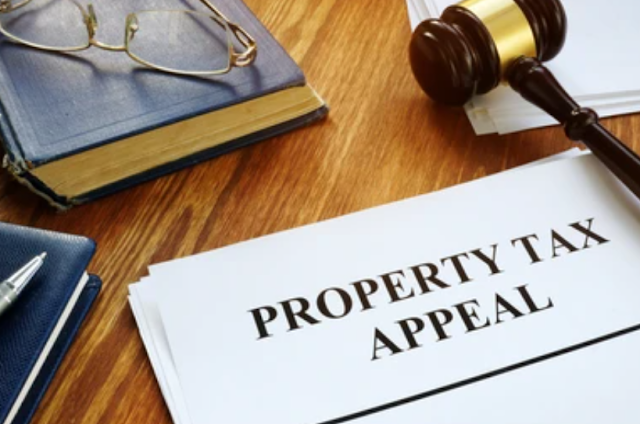Real Estate Tax Appeals: Challenging Property Assessment Values
Real Estate Tax Appeals: Challenging Property Assessment Values
Real estate tax appeals refer to the process of challenging the assessed value of a property for tax purposes. Property assessments are conducted by local government entities to determine the value of a property, which is then used to calculate property taxes. If property owners believe that the assessed value is inaccurate or unfair, they have the right to appeal the assessment and request a reassessment. In this detailed explanation, we will explore the process of real estate tax appeals and how property owners can challenge property assessment values.
Understand the Assessment Process:
To effectively challenge a property assessment, it's important to understand how the assessment process works in your jurisdiction. Local government entities, such as assessors' offices or tax departments, determine property values based on various factors, including property size, location, condition, comparable sales data, and market trends. Familiarize yourself with the assessment methodology and the criteria used to determine property values in your area.
Review the Assessment Notice:
When property assessments are conducted, property owners typically receive an assessment notice informing them of the assessed value of their property. It's crucial to carefully review this notice and ensure that all the information, such as property description, square footage, and other details, is accurate. If any discrepancies or errors are identified, notify the assessing authority immediately and request a correction.
Gather Supporting Evidence:
To build a strong case for a tax appeal, property owners should gather supporting evidence that demonstrates the property's actual value differs from the assessed value. This evidence may include recent property appraisals, sales data of comparable properties in the area, photographs or documentation of property damage or deterioration, or any other relevant information that may affect the property's value. Consulting with a qualified appraiser or real estate professional can help in obtaining accurate and reliable evidence.
File an Appeal:
To initiate a real estate tax appeal, property owners must file an appeal with the appropriate authority within the designated timeframe. The specific procedures and deadlines for filing appeals vary depending on the jurisdiction. Generally, appeals are filed with the local assessor's office, tax board, or a specialized tax appeal board. It's important to adhere to the prescribed procedures and meet all filing deadlines to ensure the appeal is considered.
Present Your Case:
Once the appeal is filed, property owners may be required to present their case before an appeals board or a hearing officer. This is an opportunity to present evidence, documentation, and arguments supporting your claim that the assessed value is inaccurate or unfair. It's advisable to prepare a compelling presentation that clearly outlines your reasoning, refers to relevant evidence, and addresses any specific valuation methodologies or guidelines outlined by the assessing authority.
Review the Decision:
After the hearing or review process, the appeals board or hearing officer will render a decision regarding the property assessment. The decision may affirm the assessed value, reduce the value, or request a reassessment. It's important to carefully review the decision and understand the options for further appeal if you disagree with the outcome. Some jurisdictions allow additional levels of appeal, such as an appeal to a county or state board of taxation or filing a lawsuit in a court of law.
Seek Professional Assistance:
Challenging property assessment values can be a complex process, and it's advisable to seek professional assistance when necessary. Real estate attorneys, property appraisers, or tax consultants with experience in real estate tax appeals can provide valuable guidance, assess the strength of your case, and help navigate the legal requirements and procedures involved.
It's important to note that real estate tax appeal processes and regulations can vary significantly between jurisdictions. It's recommended to consult local tax authorities or legal professionals who are familiar with the specific processes and requirements in your area. By understanding the assessment process, gathering supporting evidence, following the appropriate procedures, and seeking professional advice when needed, property owners can effectively challenge property assessment values and potentially achieve a fair and accurate assessment for tax purposes.















No comments